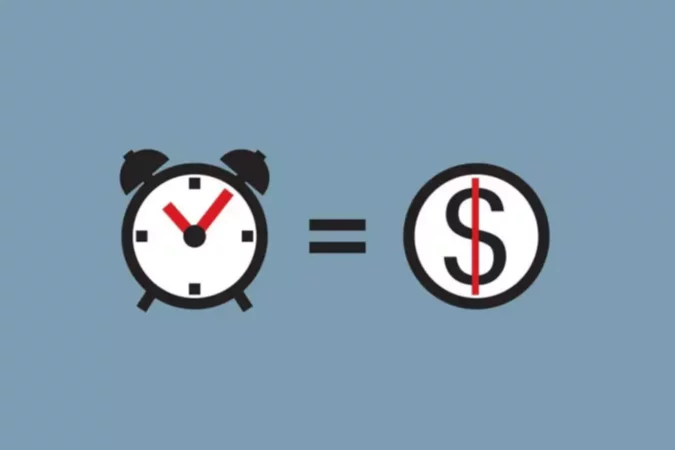Deferred revenue is revenue that a company received but has not yet been earned. It normally arises when not all the risks and rewards of the sale have been transferred to a customer. Therefore, we classify deferred revenue as a liability that a company has until it fulfills its obligations before the customer. Typical examples of this are membership revenue where a member makes a prepayment for a full year up front, but the company delivers the services on a month-by-month basis.
How Does Deferred Revenue Work?
An example will make it easier to understand how deferred revenue works. Let’s say you paid a fee for a subscription to The Wall Street Journal, and you paid one year upfront. When you made a payment, the check you wrote became Cash for The Wall Street Journal.
The payment ($120) will go on their Balance Sheet and not on their Income Statement yet because technically they have not yet earned that money, and if you cancel your subscription or they cannot deliver you the newspapers, you can get your cashback. Thus, deferred revenue is unearned income, but the company receives it as cash in advance when the customer pays for the service or goods.
Deferred revenue goes on the balance sheet as an Asset (Cash account). A corresponding entry will be made to the Deferred Revenue account. This account will be under Liabilities because the company owes the customer a product or service (e.g., owes you newspapers).
When The Wall Street Journal delivers you the first issue, the Deferred Revenue account will be reduced by the cost of one issue (1/12 x $120 = $10 per month). The entries would include a debit to Deferred Revenue, a credit to Sales Revenue. The company also needs to recognize the related expenses by debiting the GOGS and crediting related accounts (e.g., Inventory).

Why Does Deferred Revenue Matter?
GAAP dictates that even though you might receive cash for something upfront, you must defer recognition of revenue across several months. Thus, deferred revenue plays an important role in the accurate reporting of assets and liabilities. The deferred revenue can tell us how much cash in the bank is a liability. It is also a great, although risky, source of financing for the company.

















